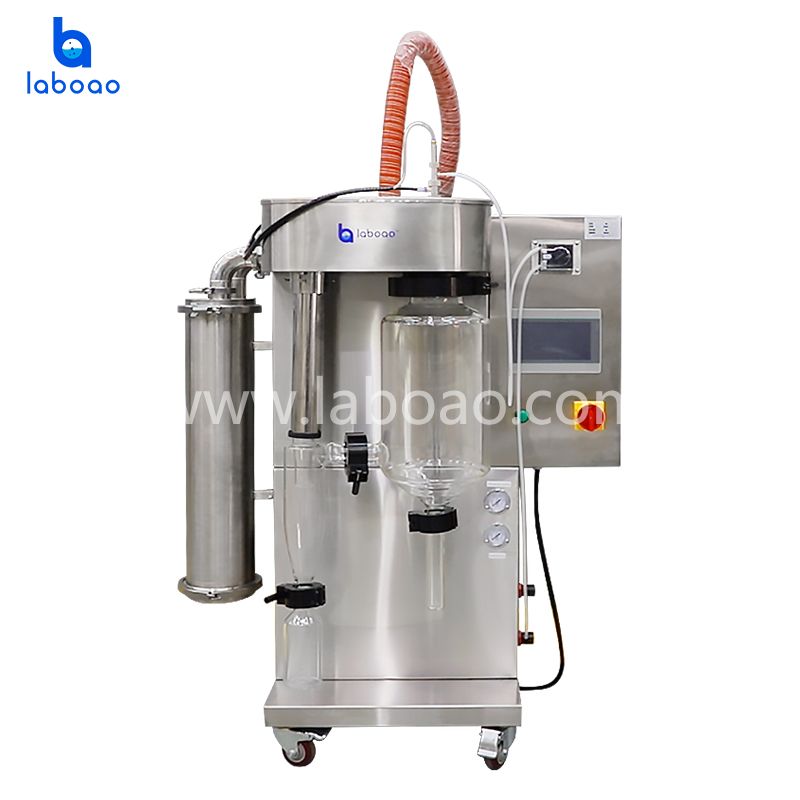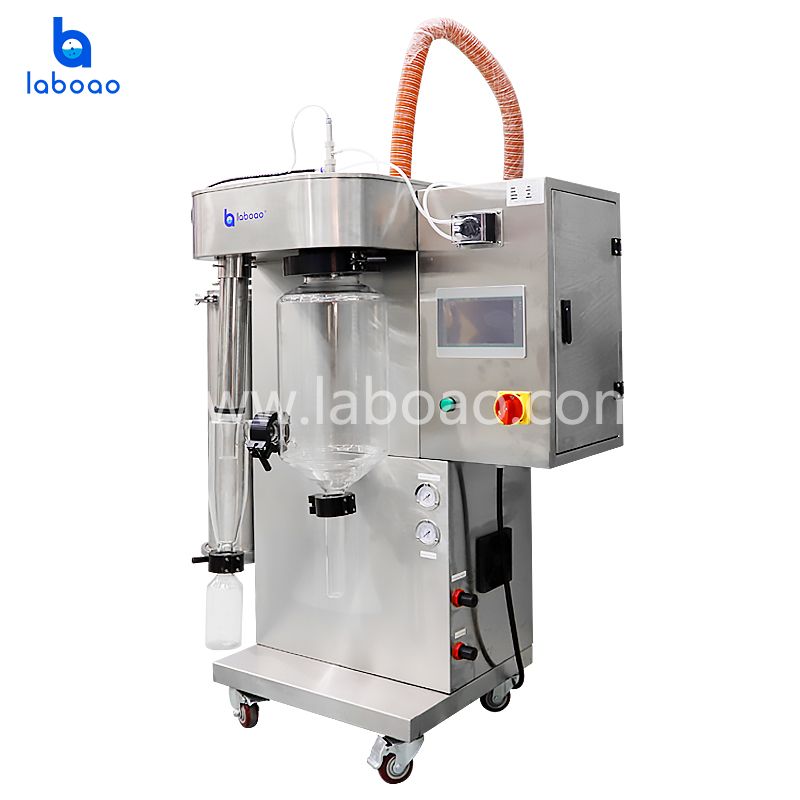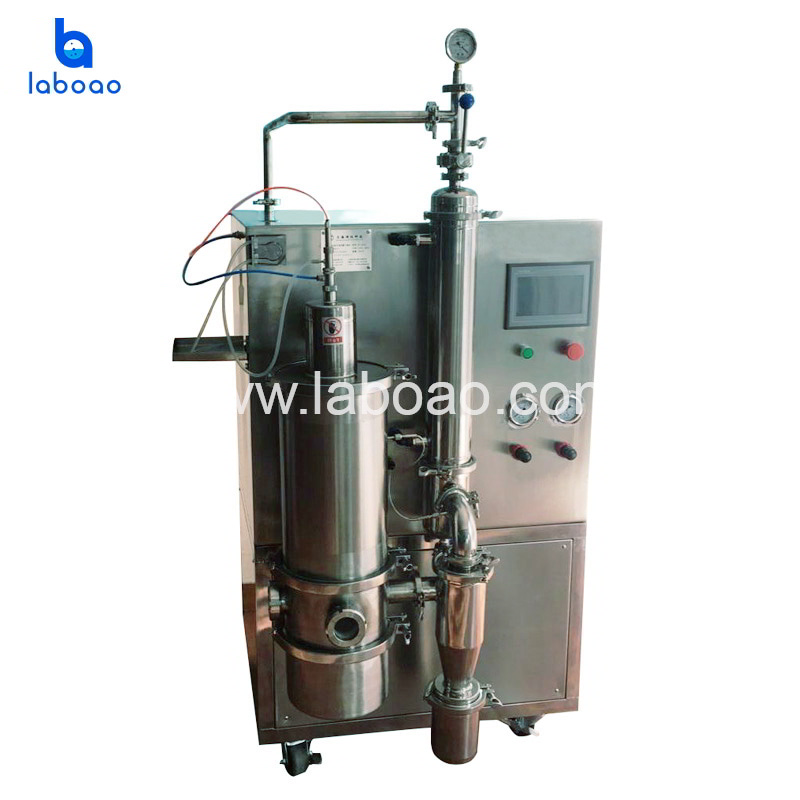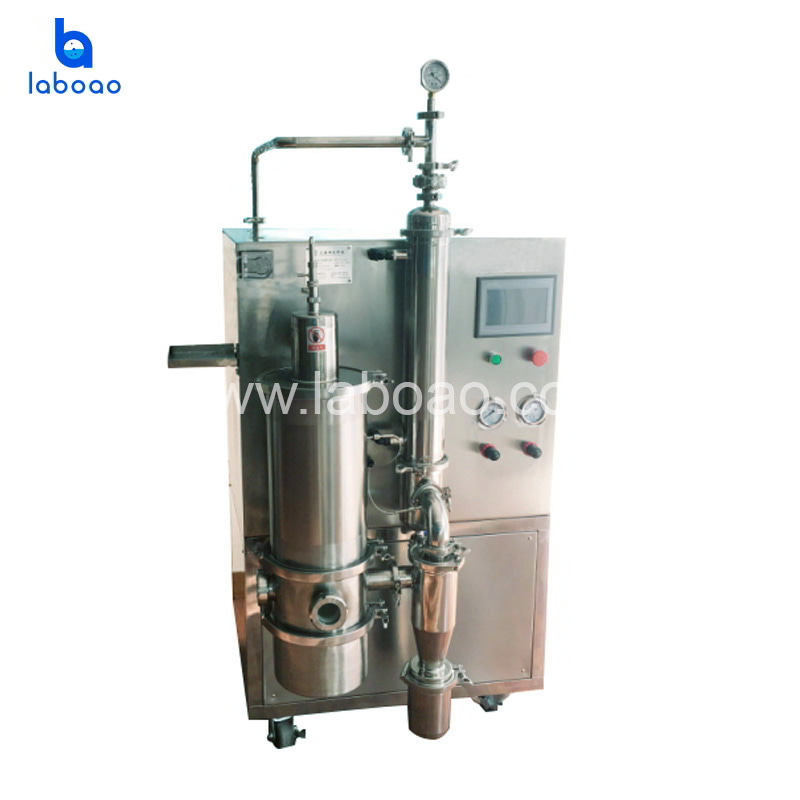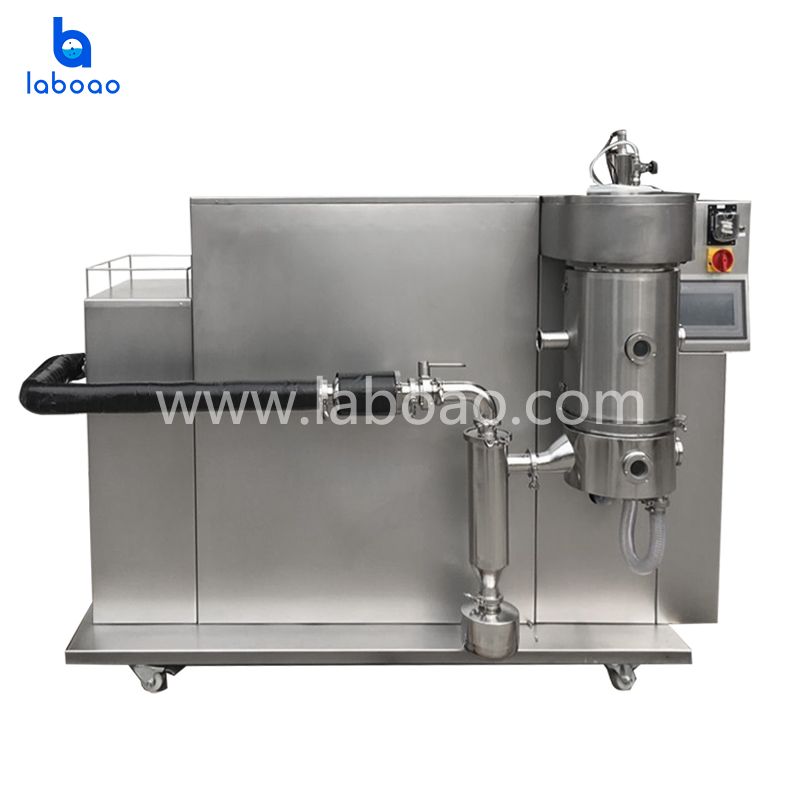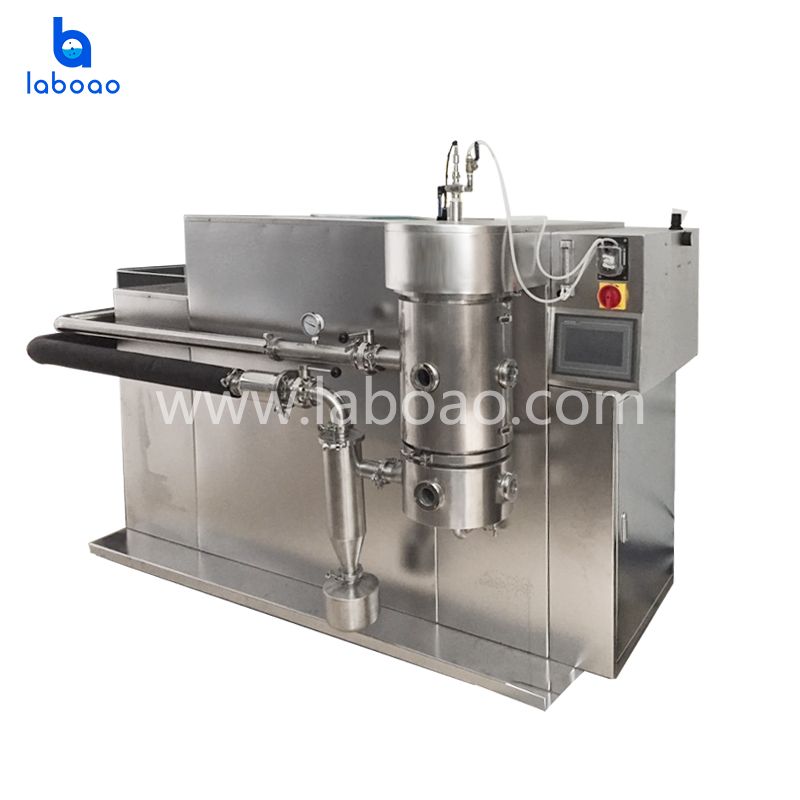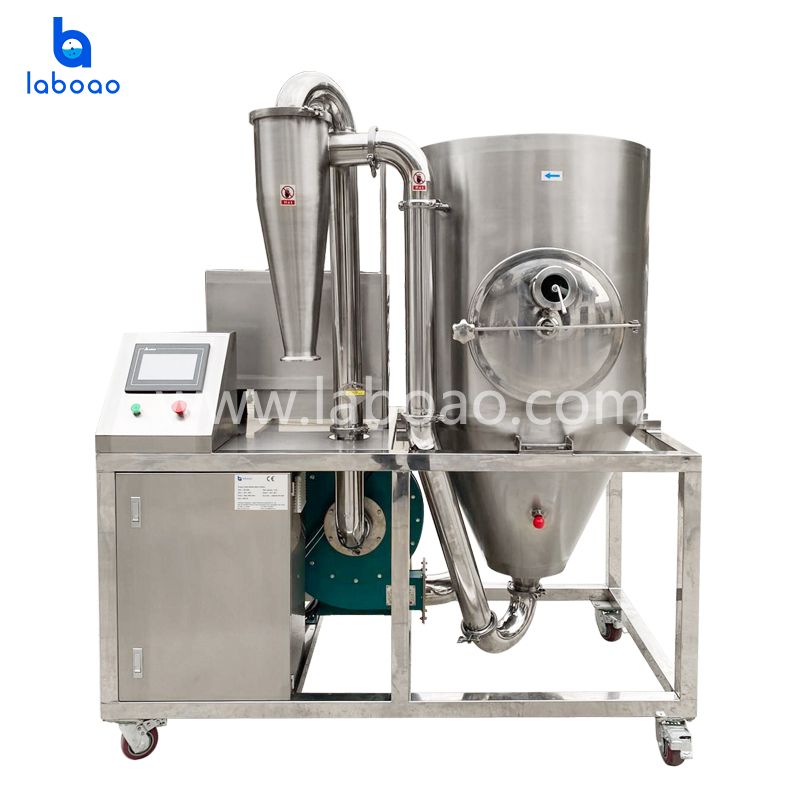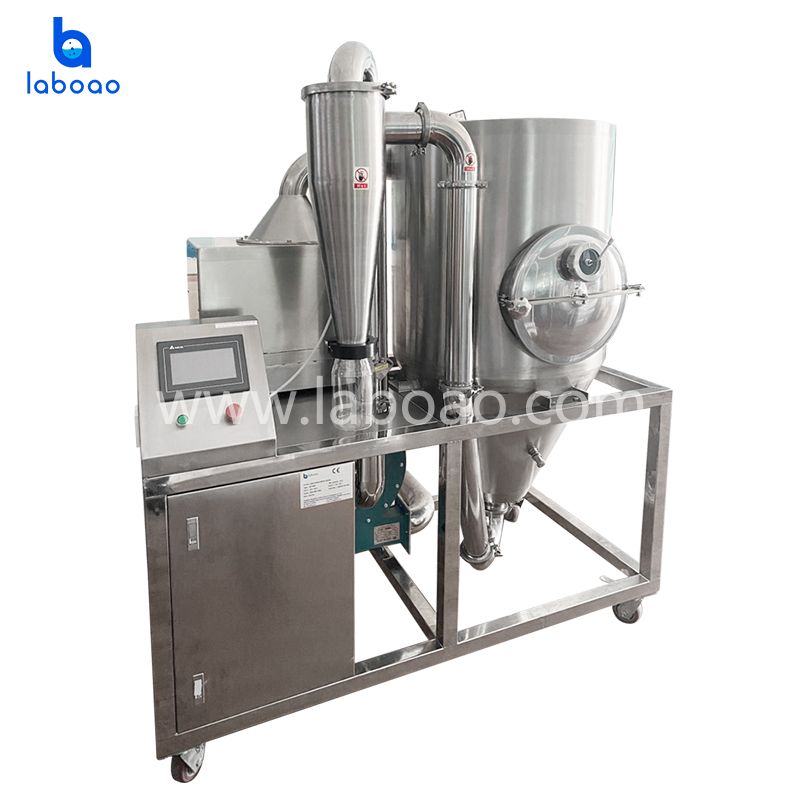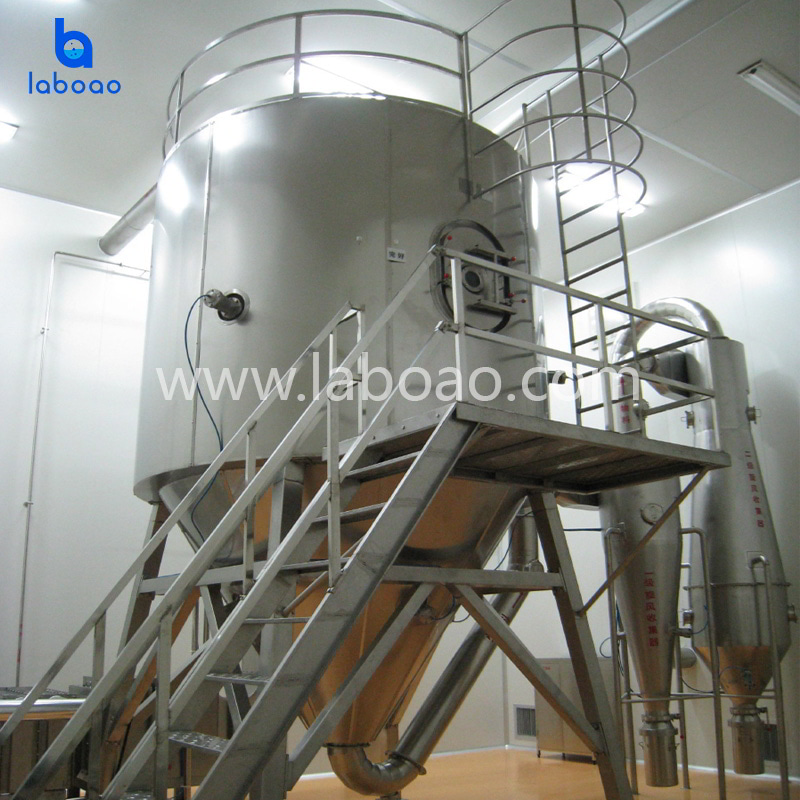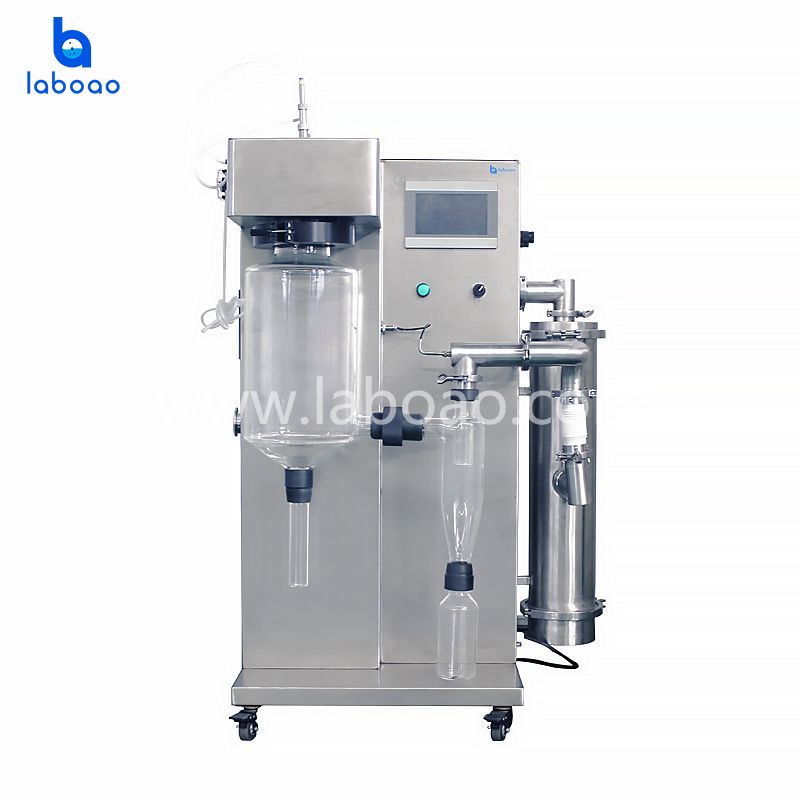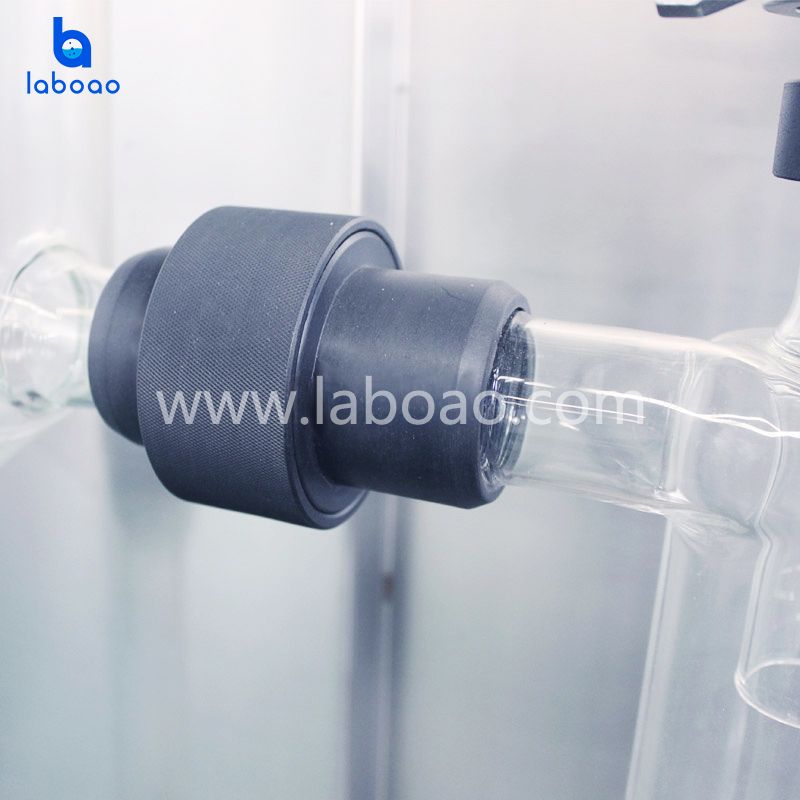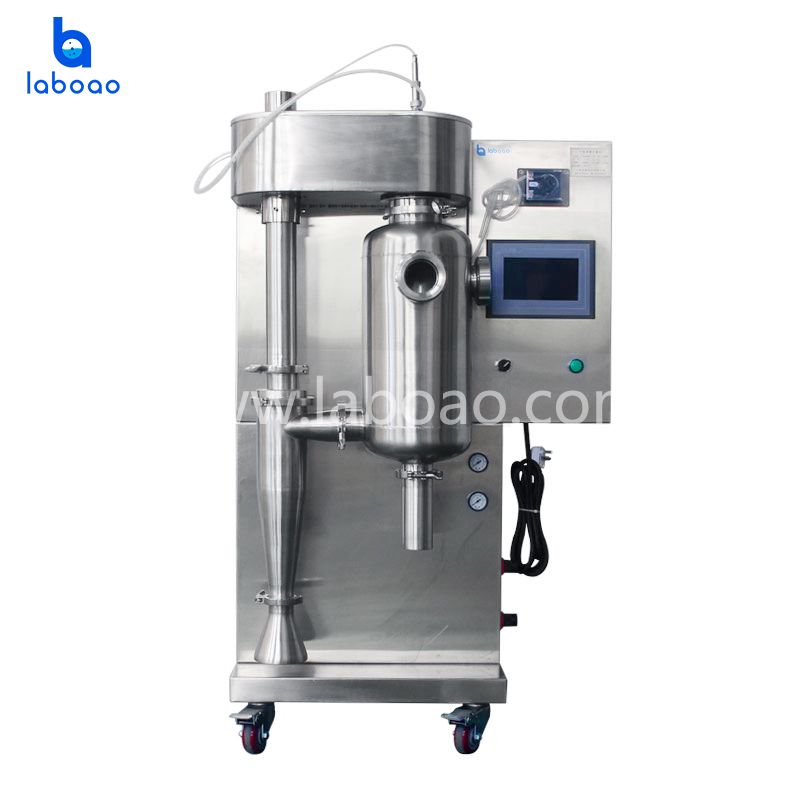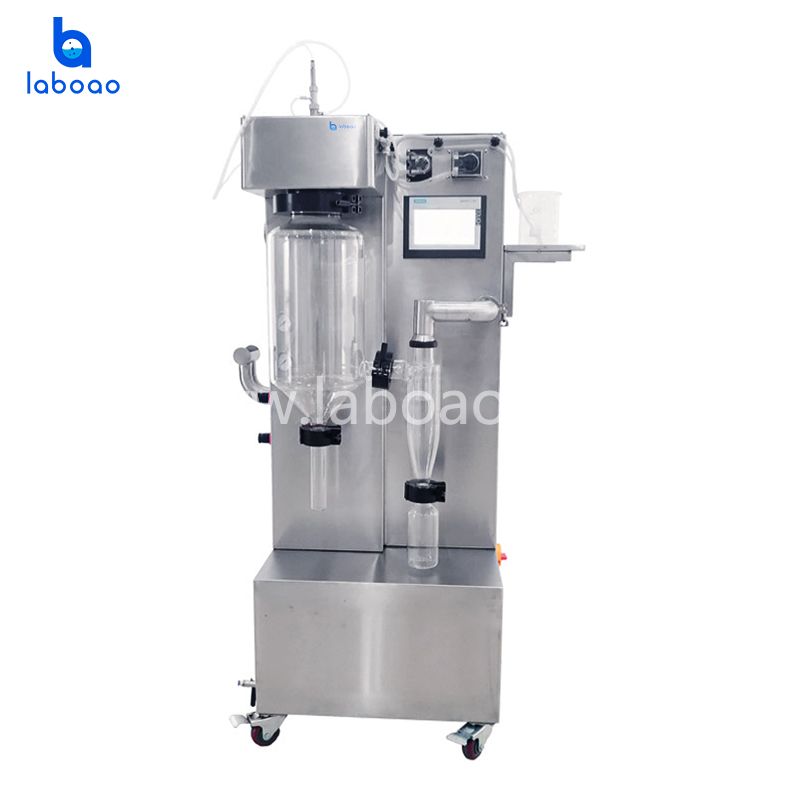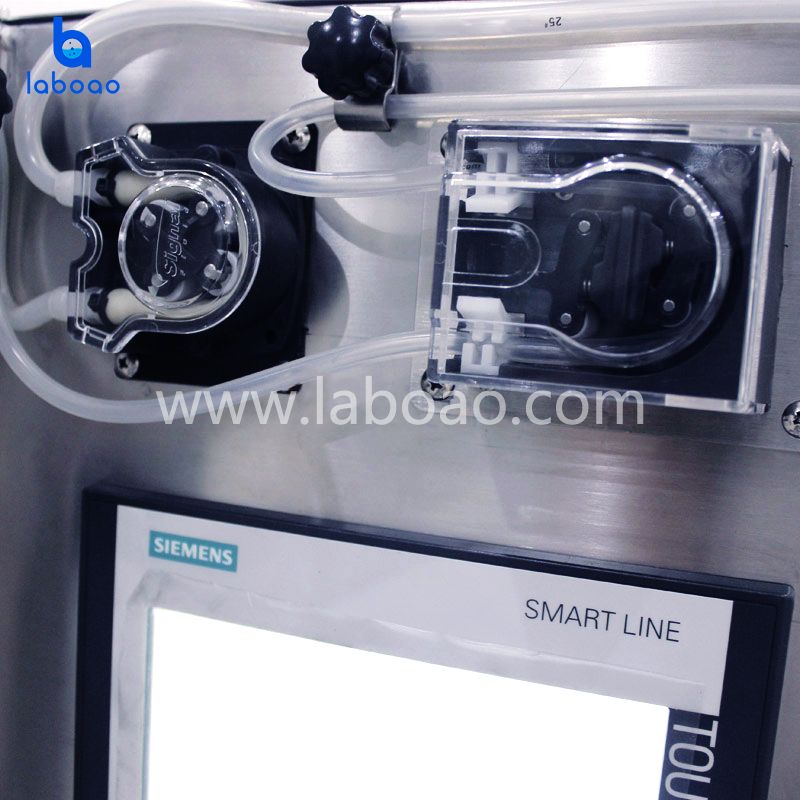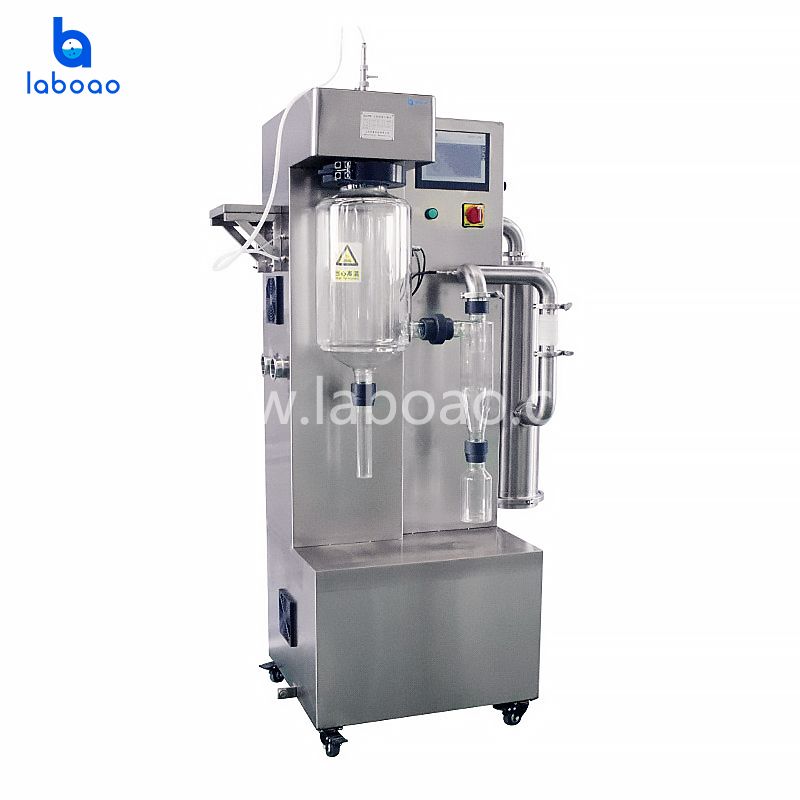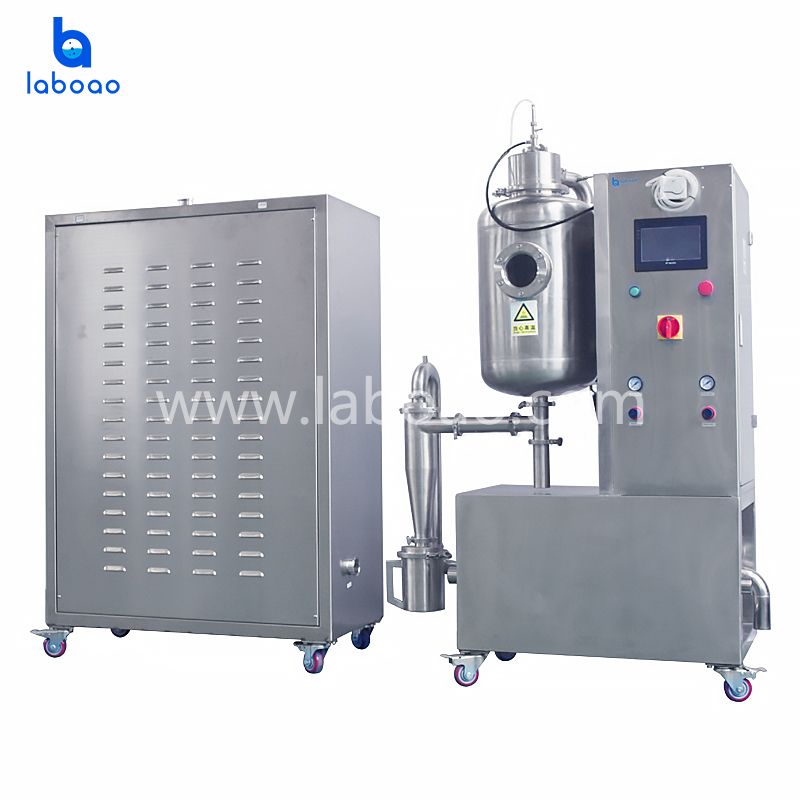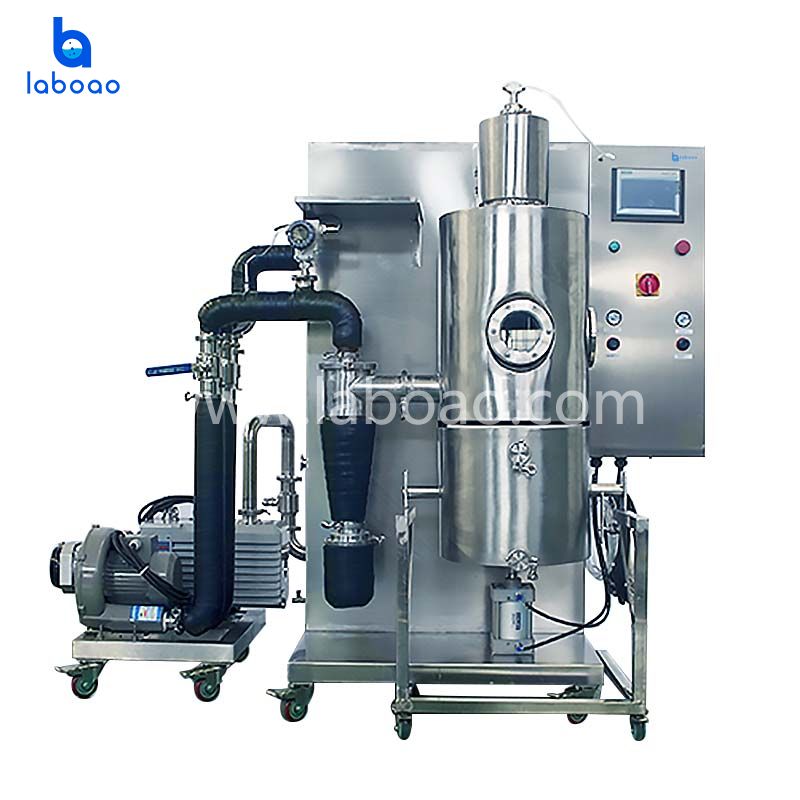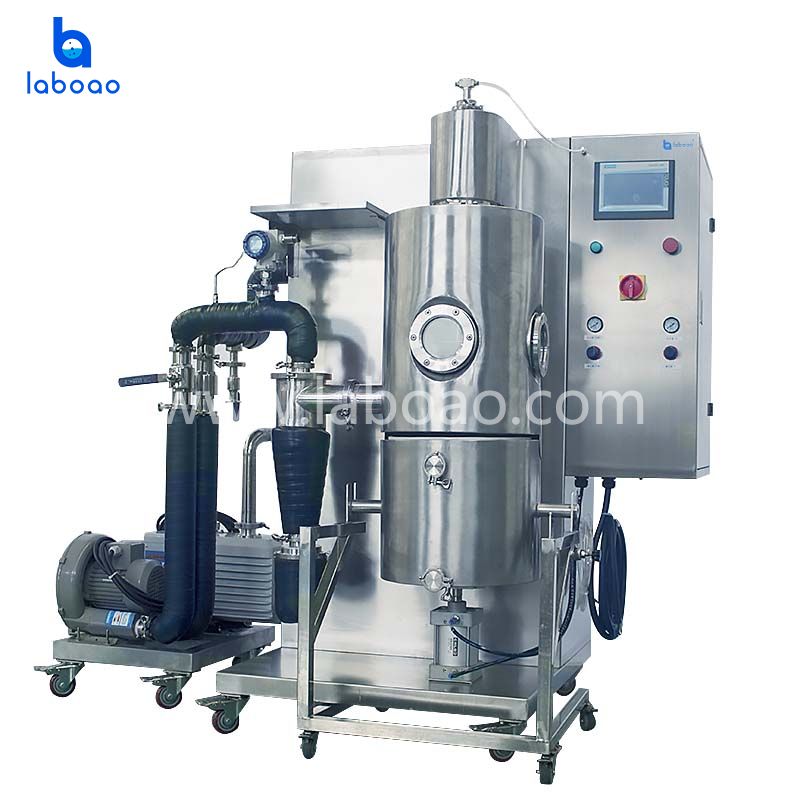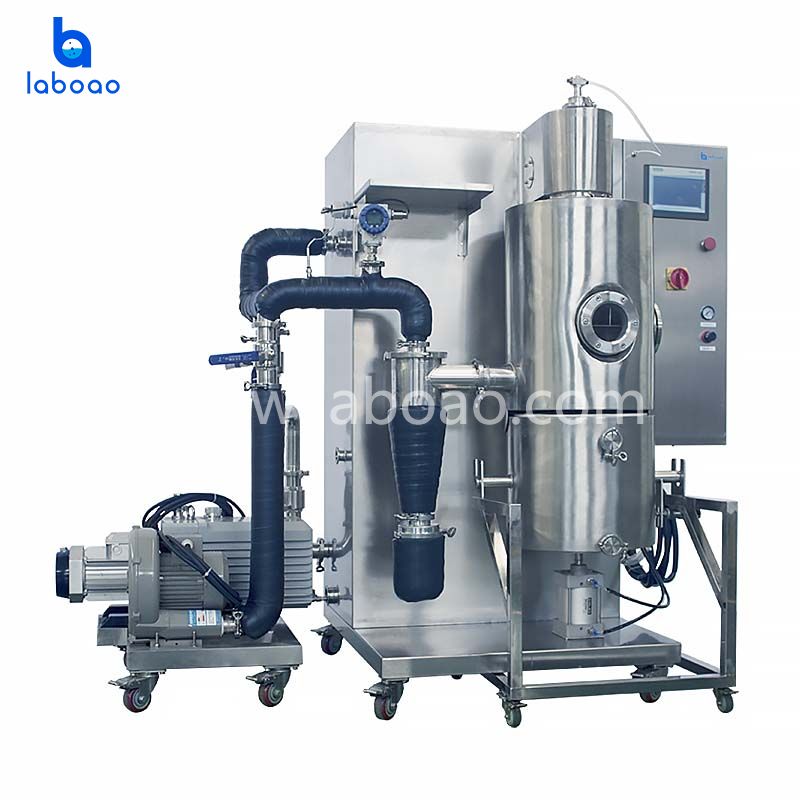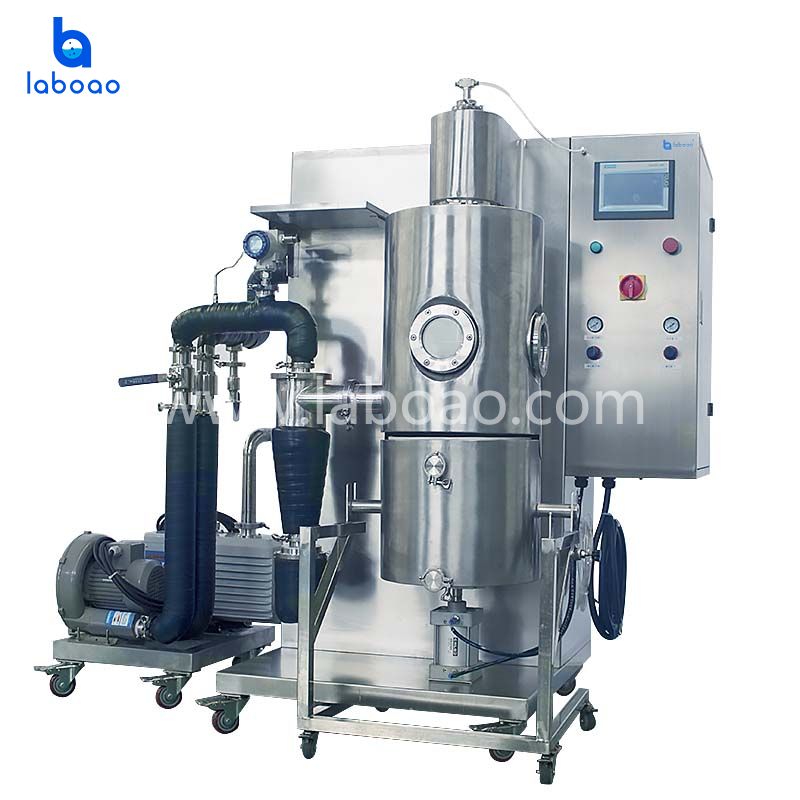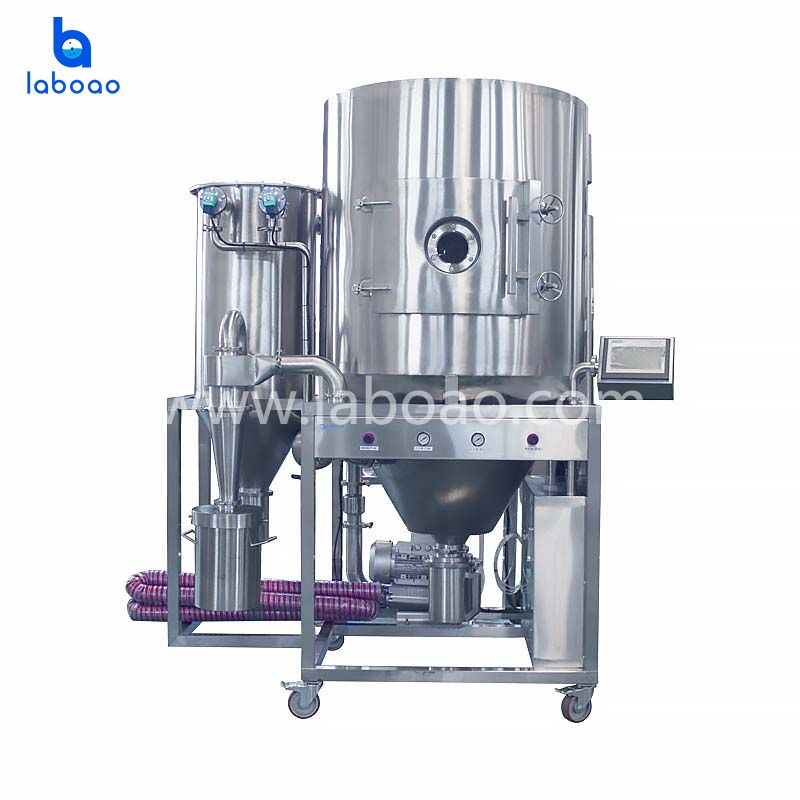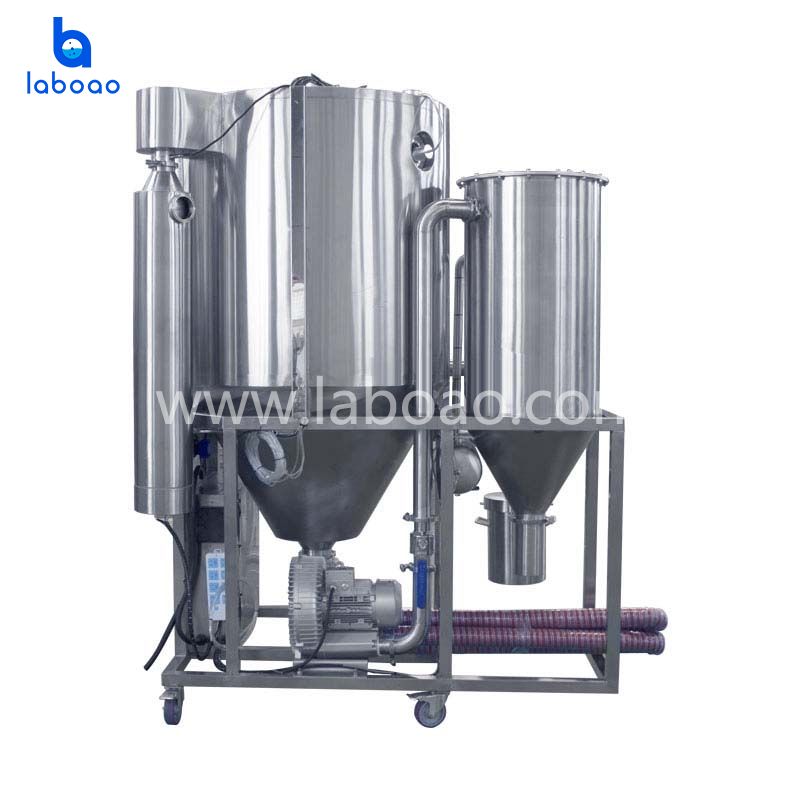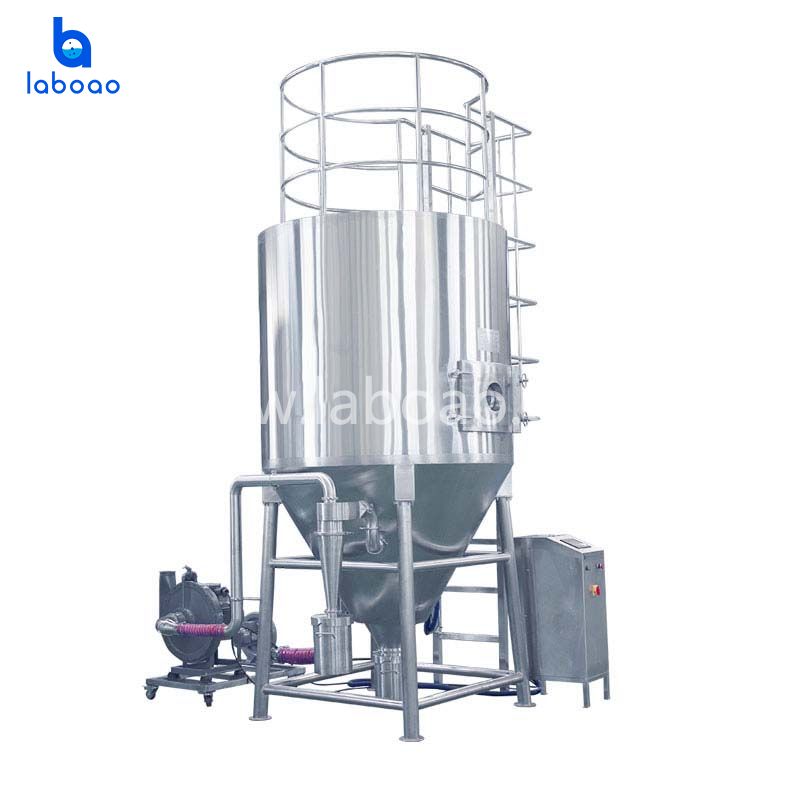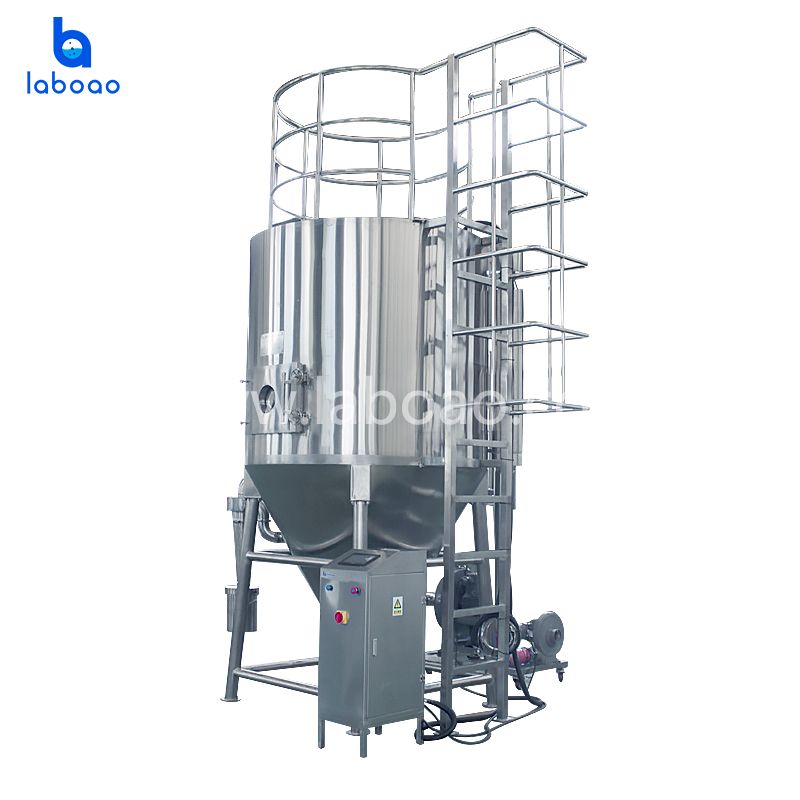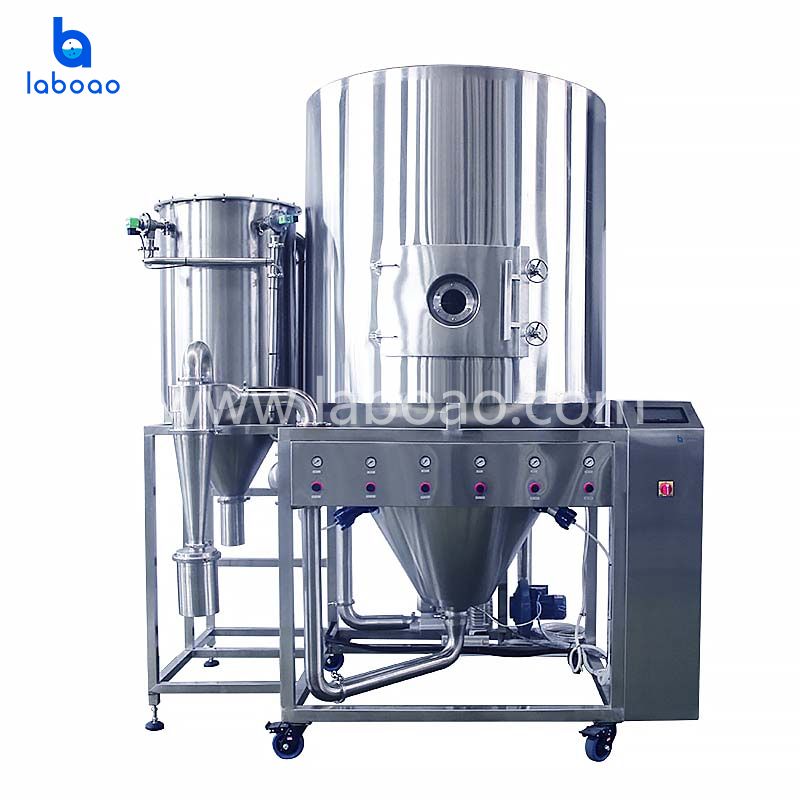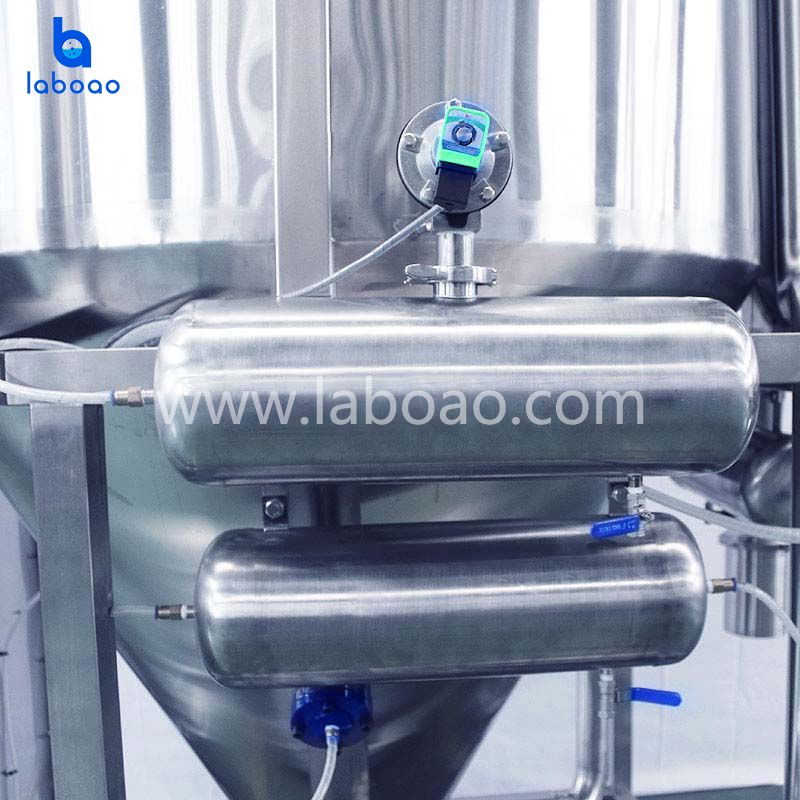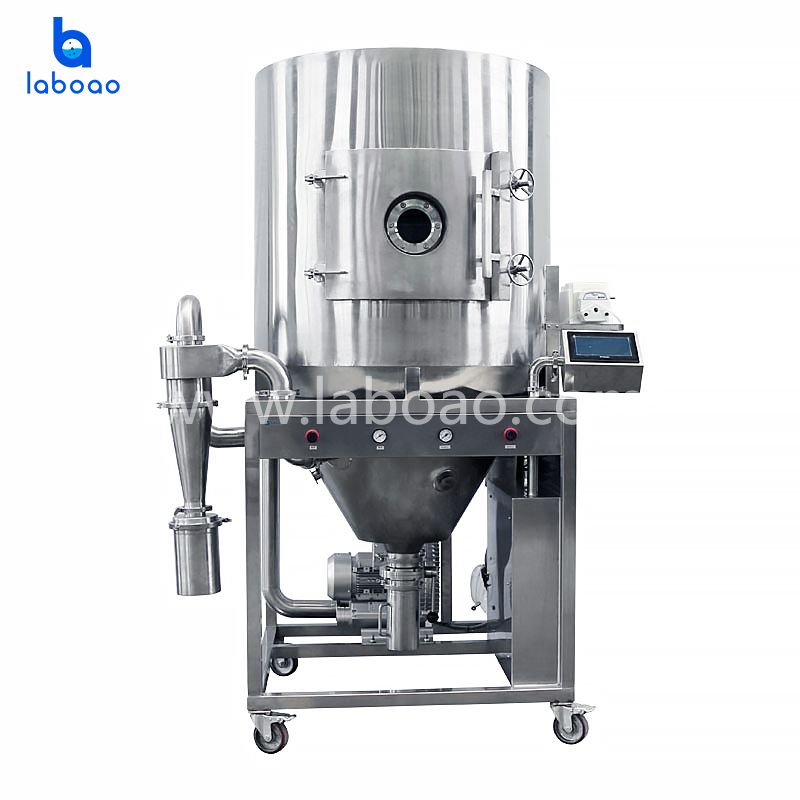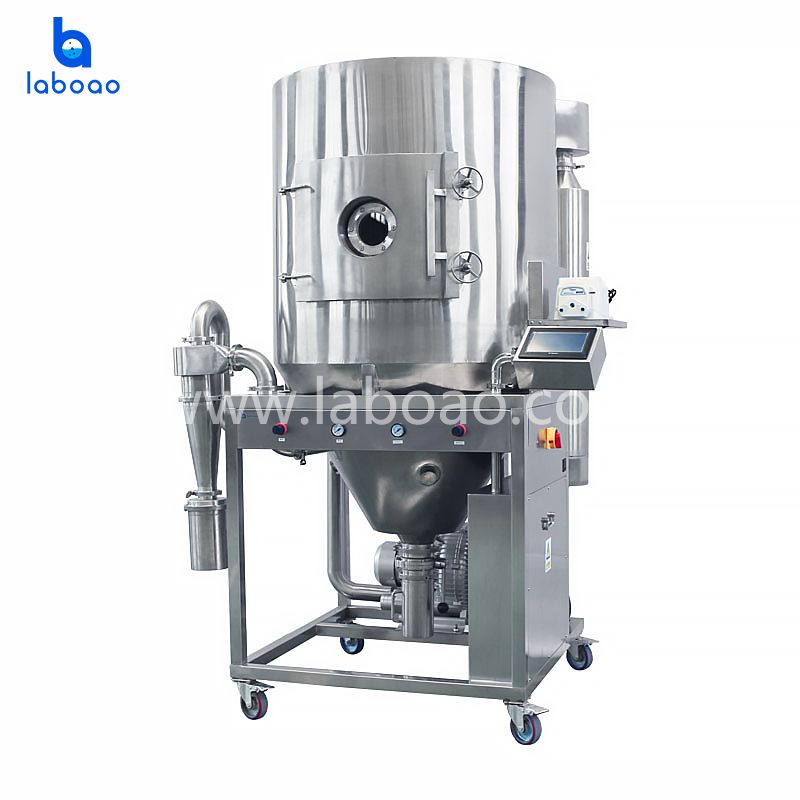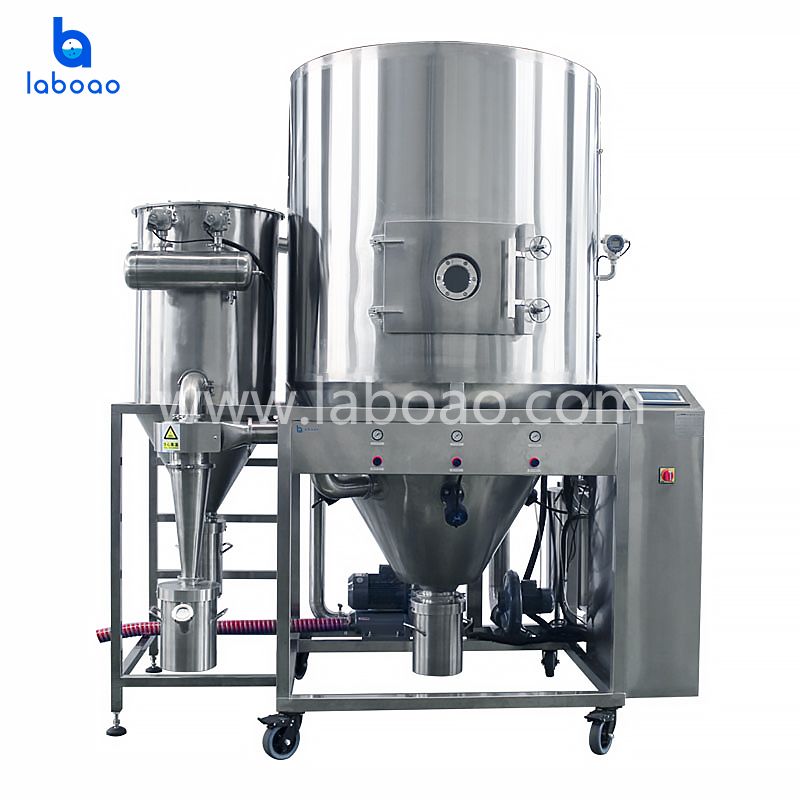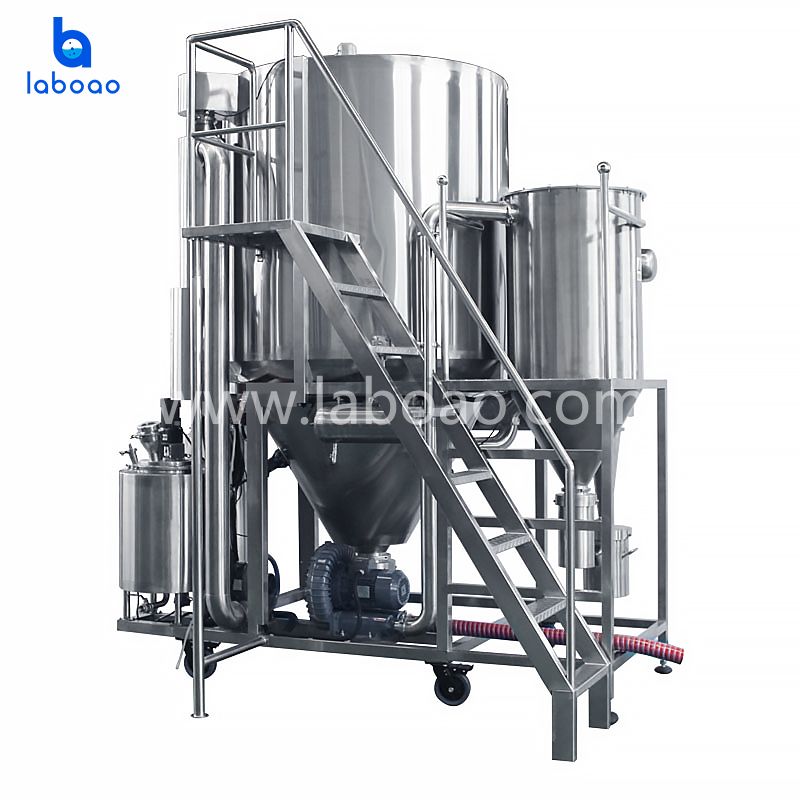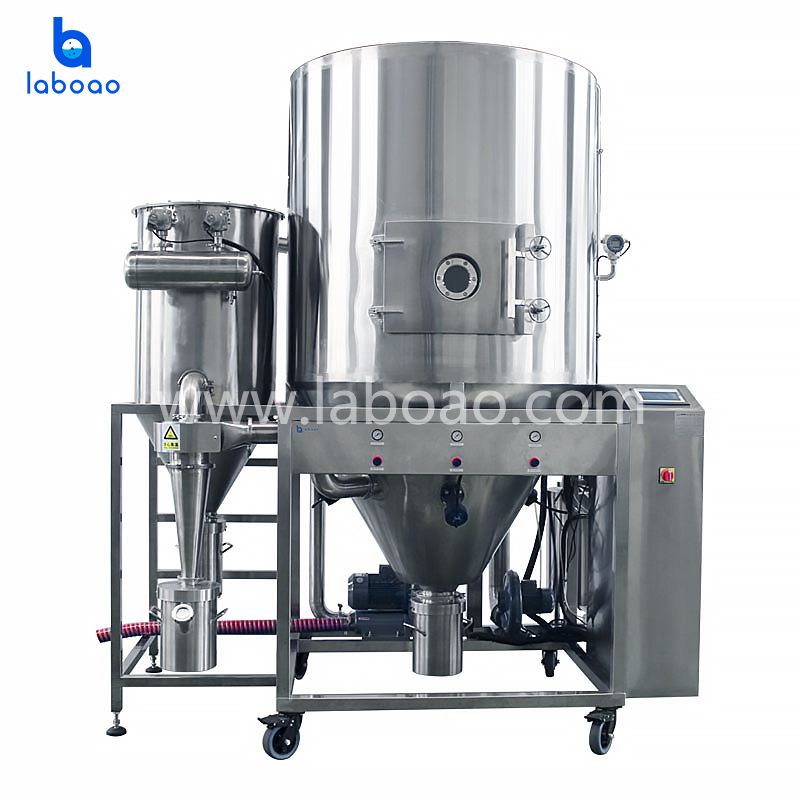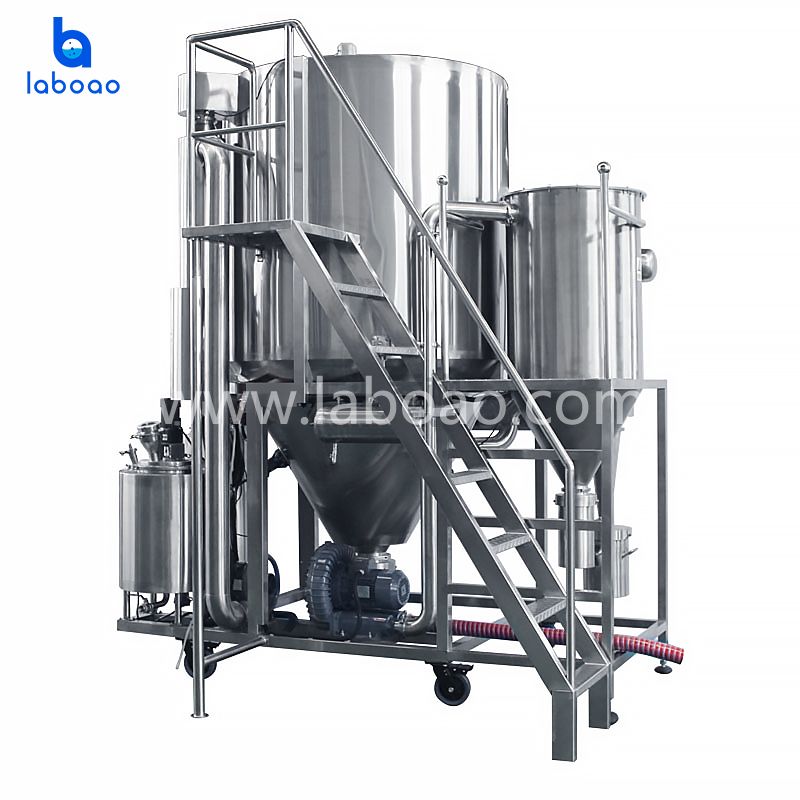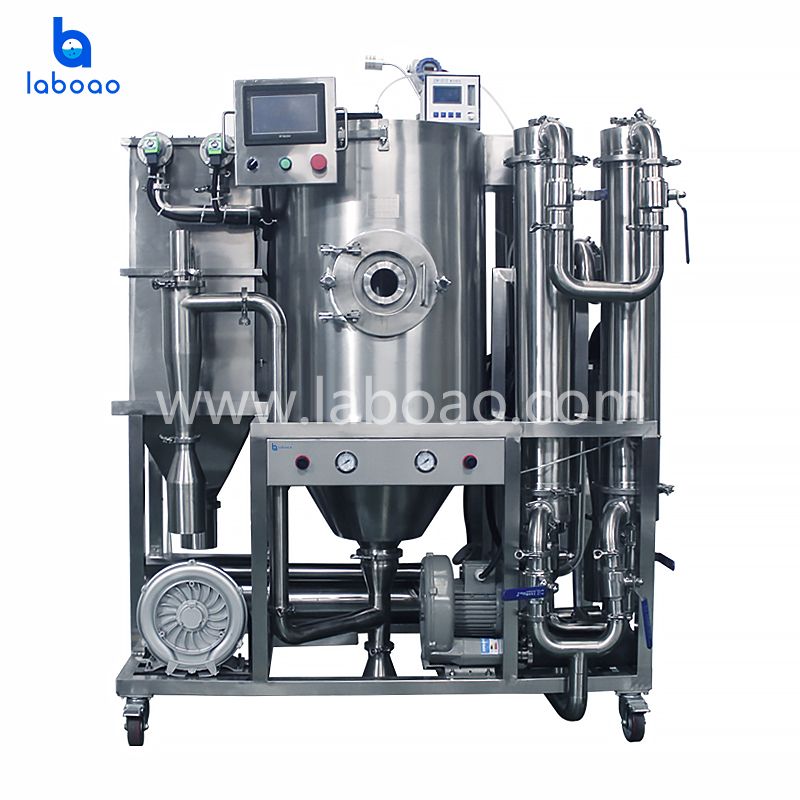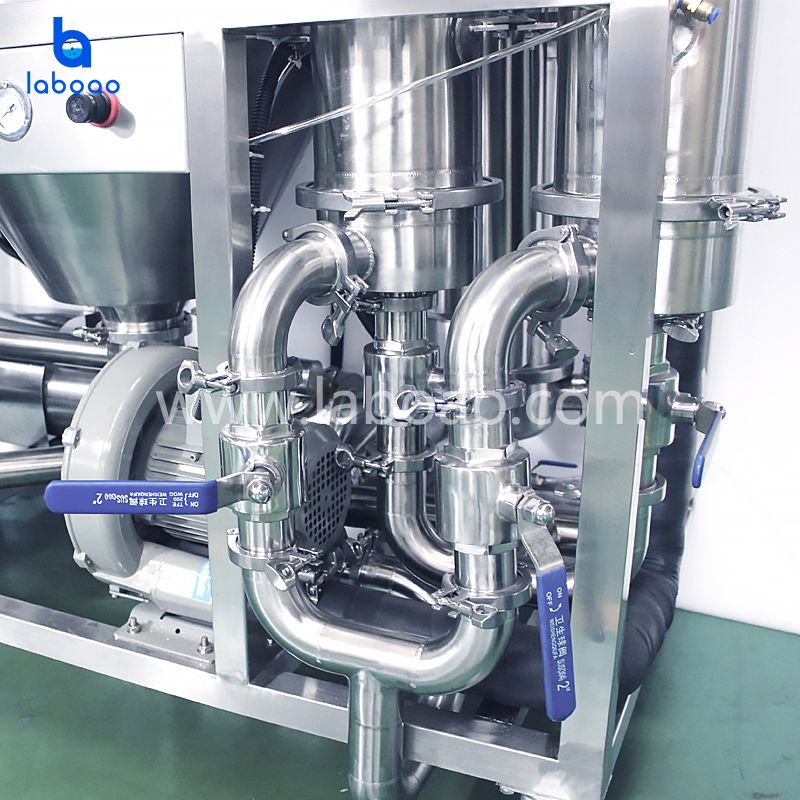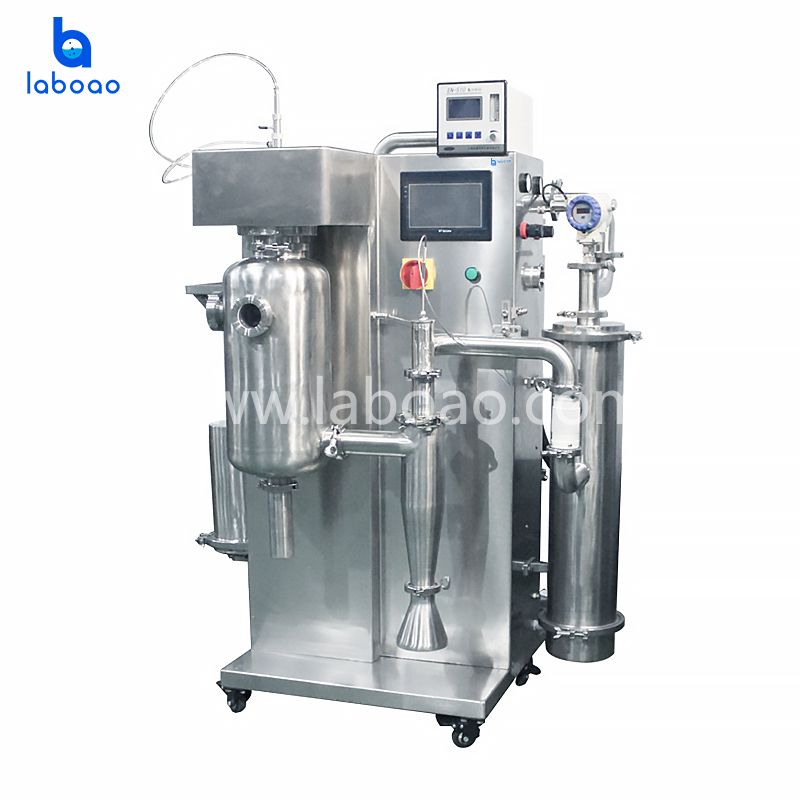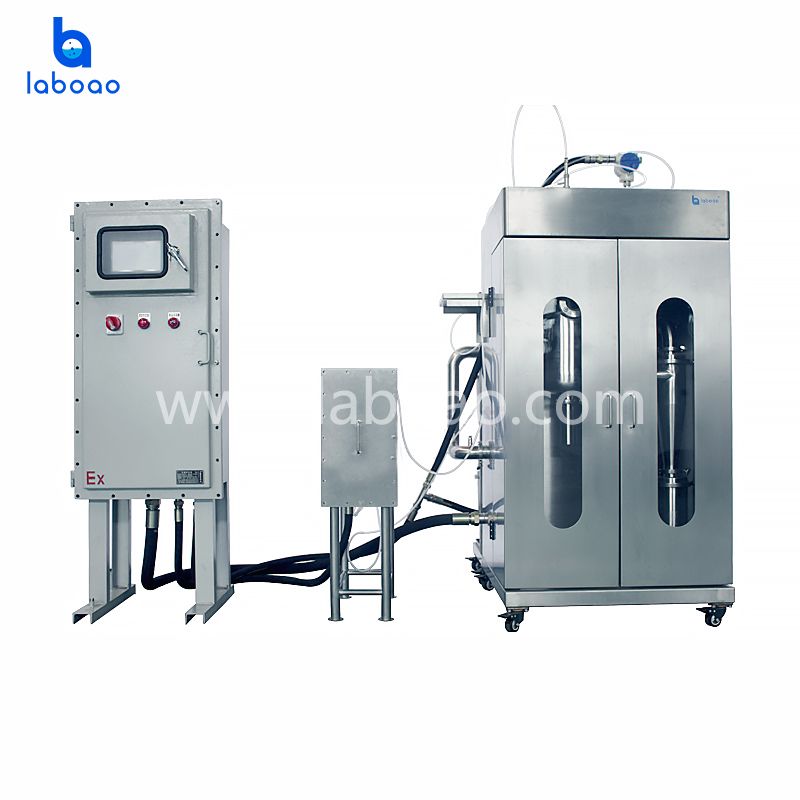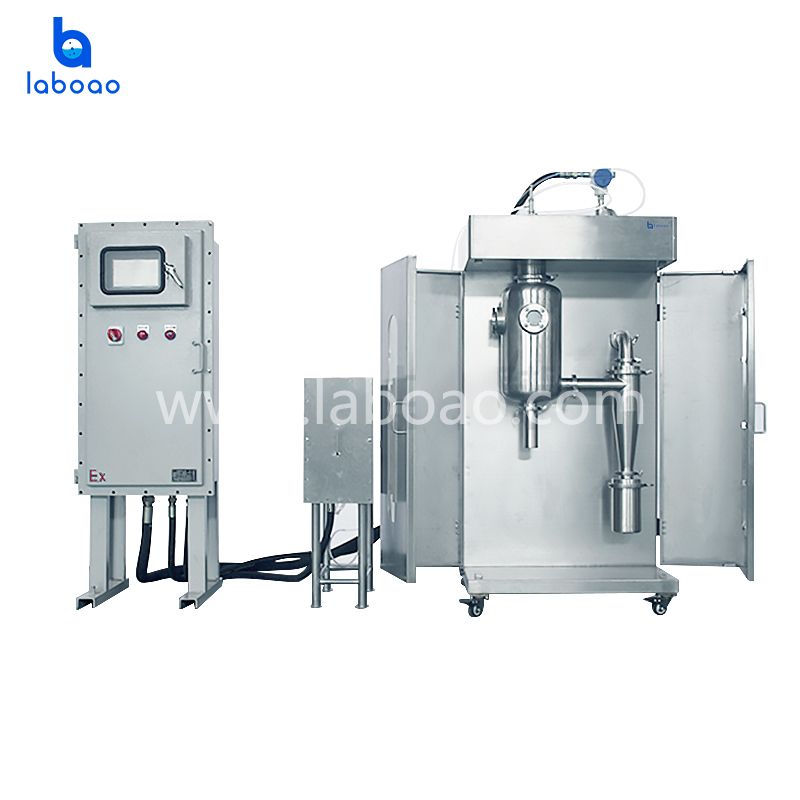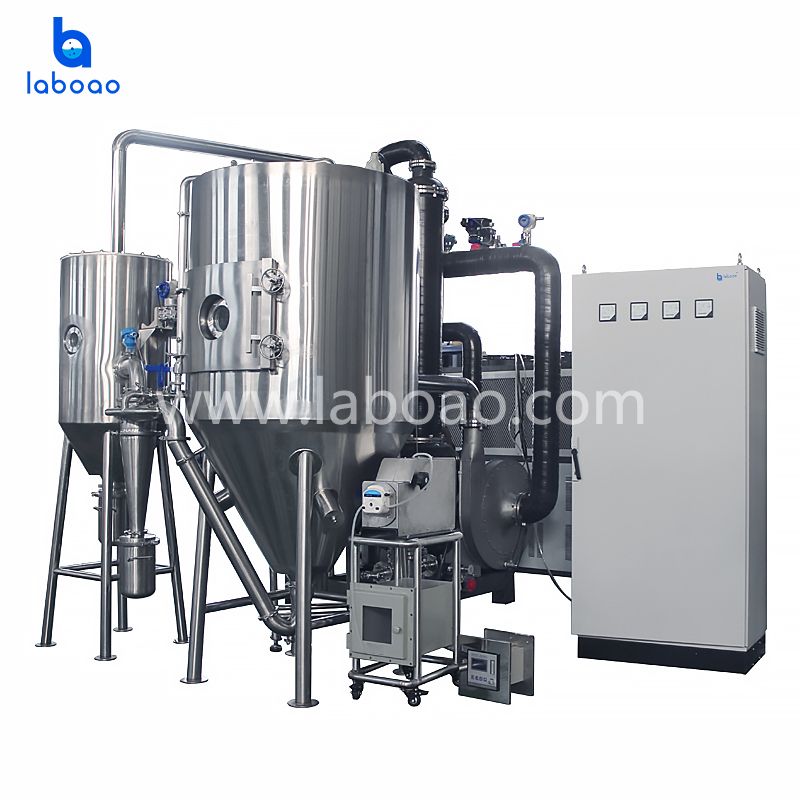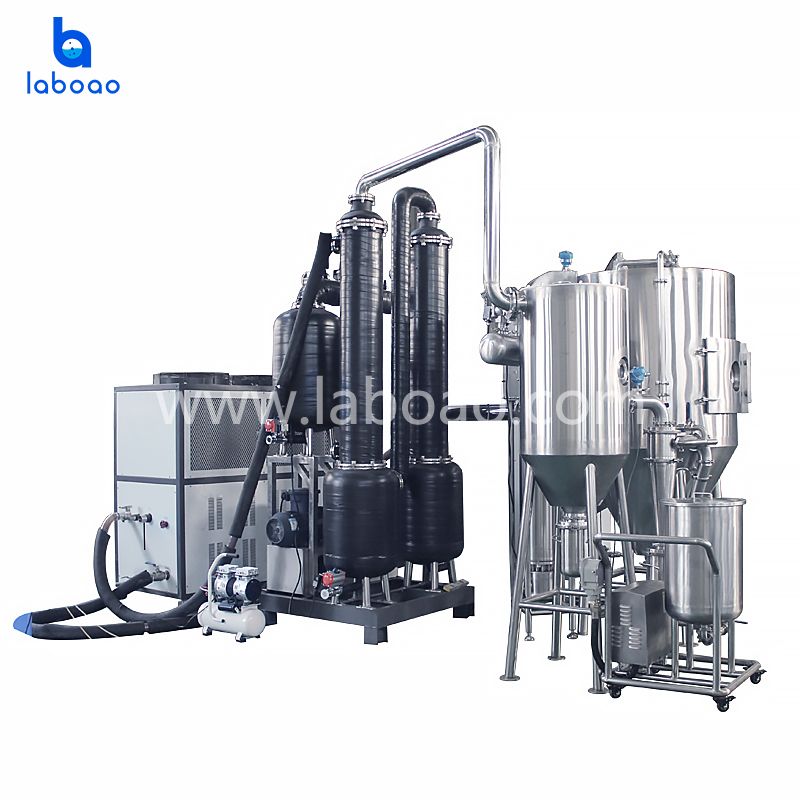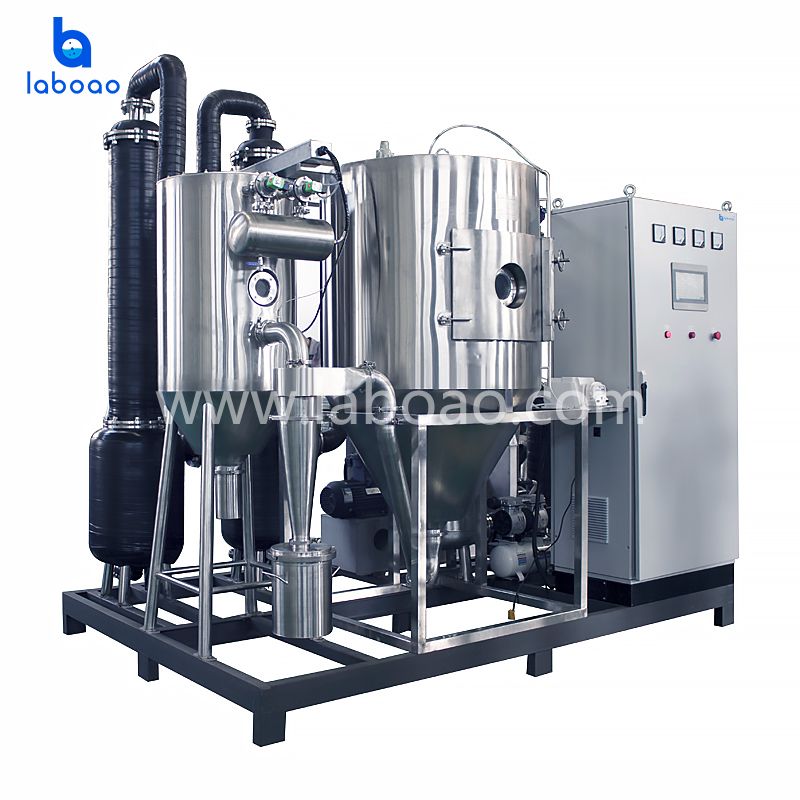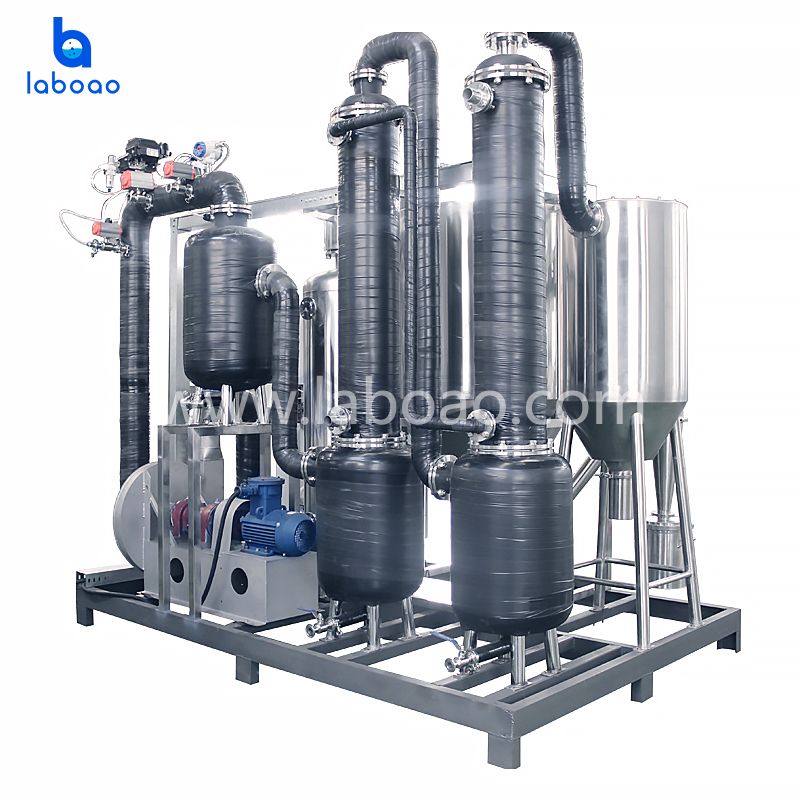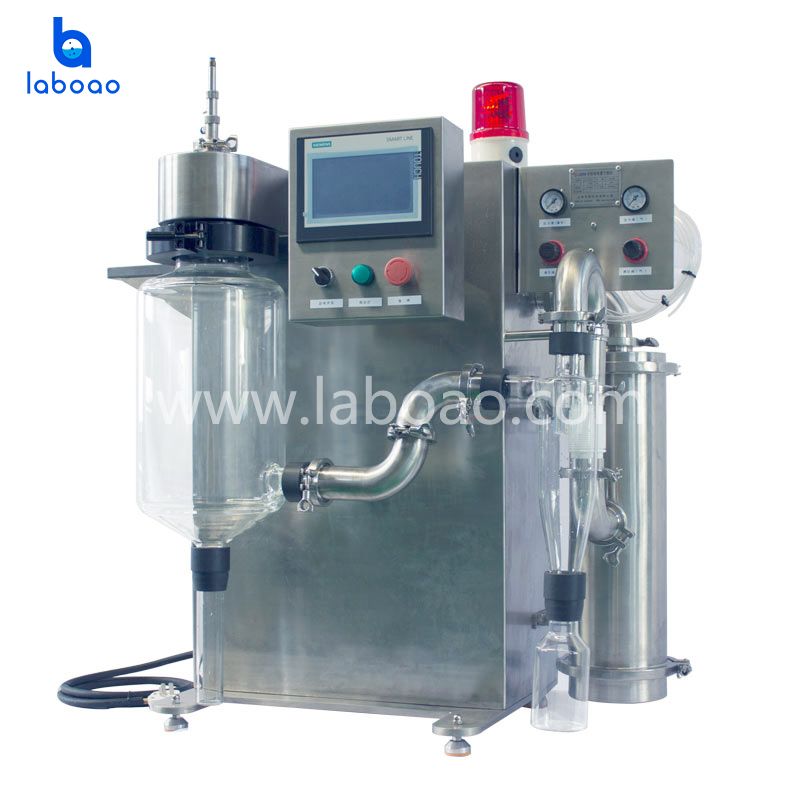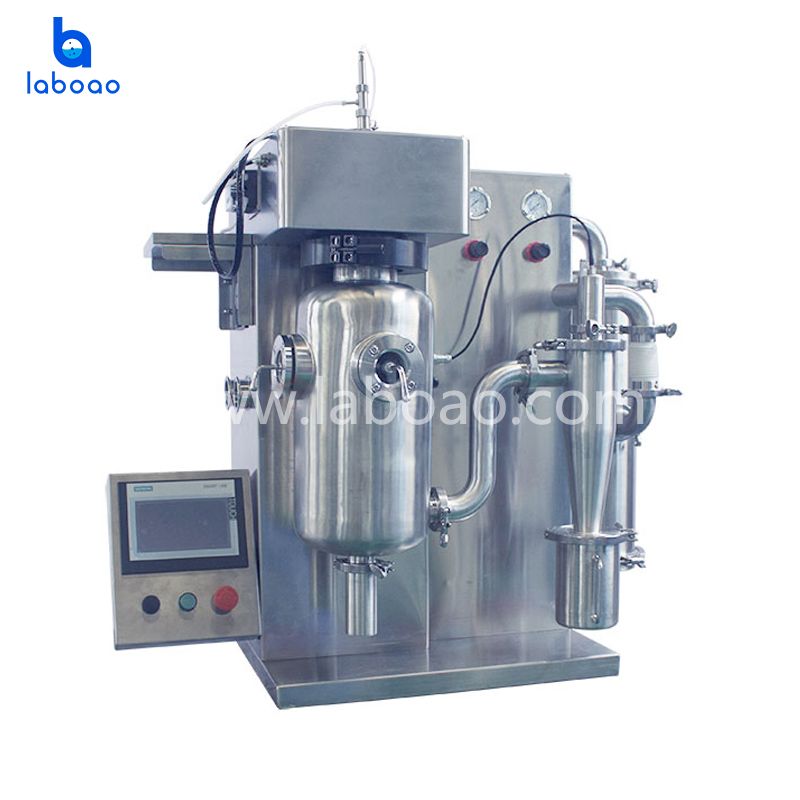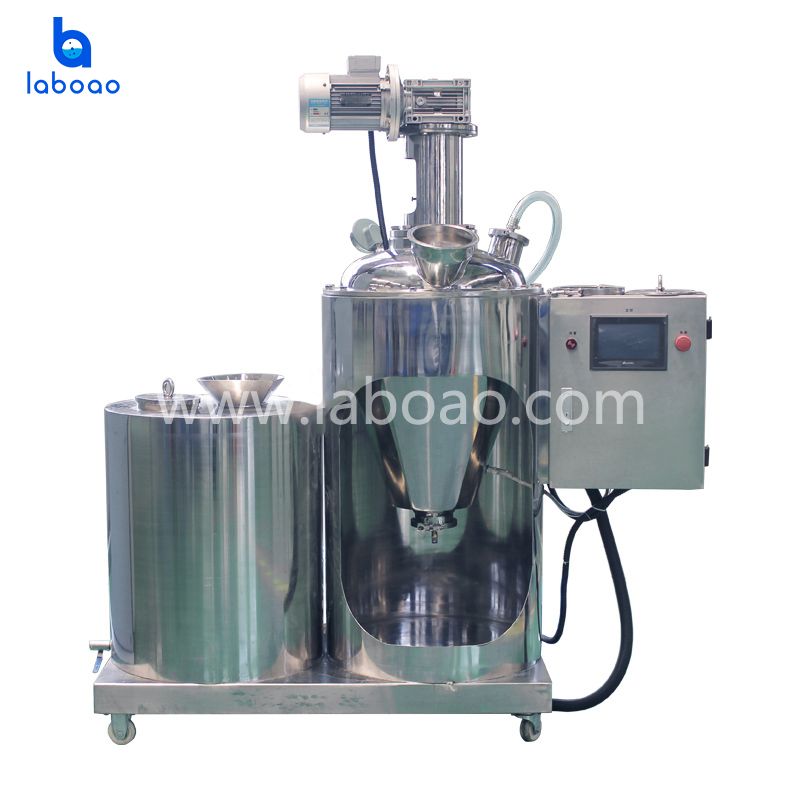Spray Dryer
Application
-
 Food Beverage IndustryPowdered Food Products - Spray dryers are used to transform liquid food ingredients into powdered form, such as powdered milk, coffee, and infant formula. Flavors and Seasonings -They aid in the production of powdered flavors and seasonings used in various food products, including snacks, soups, and sauces.
Food Beverage IndustryPowdered Food Products - Spray dryers are used to transform liquid food ingredients into powdered form, such as powdered milk, coffee, and infant formula. Flavors and Seasonings -They aid in the production of powdered flavors and seasonings used in various food products, including snacks, soups, and sauces. -
 Pharmaceutical IndustryDrug Formulation - Spray dryers are utilized for the production of pharmaceutical powders, such as inhalable dry powders, oral solid dosage forms, and controlled-release formulations. Encapsulation of Active Ingredients - They aid in encapsulating active pharmaceutical ingredients, vitamins, and nutraceuticals for improved stability and targeted delivery.
Pharmaceutical IndustryDrug Formulation - Spray dryers are utilized for the production of pharmaceutical powders, such as inhalable dry powders, oral solid dosage forms, and controlled-release formulations. Encapsulation of Active Ingredients - They aid in encapsulating active pharmaceutical ingredients, vitamins, and nutraceuticals for improved stability and targeted delivery. -
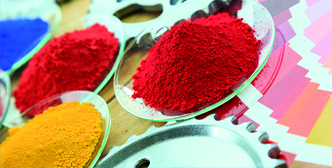 Chemical IndustryCatalyst Production - Spray dryers are used to produce catalysts in powdered form, enabling enhanced surface area and reactivity for various chemical reactions. Dye and Pigment Manufacturing - They aid in the production of powdered dyes and pigments used in industries such as textiles, paints, and coatings.
Chemical IndustryCatalyst Production - Spray dryers are used to produce catalysts in powdered form, enabling enhanced surface area and reactivity for various chemical reactions. Dye and Pigment Manufacturing - They aid in the production of powdered dyes and pigments used in industries such as textiles, paints, and coatings. -
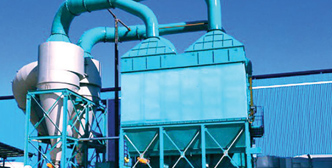 Environmental and Waste ManagementAir Pollution Control - Spray dryers are employed in air pollution control systems to remove pollutants from industrial exhaust gases, converting them into dry particles for easy collection and disposal. Waste Remediation - They aid in the drying and stabilization of waste materials, such as sludge, sewage, and industrial by-products, for safe disposal or reuse.
Environmental and Waste ManagementAir Pollution Control - Spray dryers are employed in air pollution control systems to remove pollutants from industrial exhaust gases, converting them into dry particles for easy collection and disposal. Waste Remediation - They aid in the drying and stabilization of waste materials, such as sludge, sewage, and industrial by-products, for safe disposal or reuse.
FAQ
- How to choose the suitable model for spray dryer?
- Please confirm below answer, we can recommend the suitable model for you: How many liters of water evaporation per hour? What is the highest temperature of your sample can it withstand?
- What materials are different types of spray dryers suitable for?
- Low temperature spray dryer is suitable for active materials that are not resistant to high temperatures, such as food, pharmaceuticals, biochemical products, etc. Spray granulation dryer is suitable for materials that have requirements on particle size, such as ceramic granulation, etc. The closed spray dryer is suitable for materials containing organic solvents, flammable and explosive materials, such as polymer materials, medicines, catalysts, etc. Ultra-fine powder spray dryer is suitable for materials with finer particle size requirements. The centrifugal spray dryer is suitable for materials with steep particle size distribution and uniform particle distribution.
- What is the throughput of the spray dryer per hour?
- The experimental spray dryer has a processing capacity of 1000ml-5kg/h and is mainly used in laboratories such as schools, chemical industry, food, medicine, and biological research. The processing capacity of medium-sized spray dryers is 5kg-100kg/hc or more, and is mainly used for small batch production by small and medium-sized enterprises. The processing capacity of large spray dryers is 100kg-500kg/h or more, and they are mainly used for mass production in large enterprises.
- Why does the spray dryer often appear to stick to the wall?
- There are three reasons: (1) Semi-wet materials stick to the wall: The reason is that the sprayed mist droplets have contacted the wall and stuck to the wall before reaching the surface dry. (2) The hot-melt material with low melting point sticks to the wall: The reason is that the material reaches the melting point at a certain temperature and starts to melt and stick to the wall. (3) The surface of dry powder sticks to the wall: When the dry powder moves in a limited space, some of it will always hit the wall of the container. This is unavoidable. However, such sticky walls are generally not thick. As long as they are blown with air or gently If it is knocked off, it will fall off. Polishing the inner wall of the machine can solve this problem to a certain extent.
- Can i choose different powder size?
- Yes, we have different nozzles for various powder size.
- Will the nozzle be blocked during spray drying process?
- It has nozzle needle, which can dredge the nozzle according to setting time and frequency.
- How to clean the nozzle of the spray dryer?
- There are three cleaning methods: dry cleaning, wet cleaning and chemical cleaning. Dry cleaning refers to cleaning with brushes, brooms, vacuum cleaners, etc. Wet cleaning refers to cleaning the nozzle with hot water at a temperature of 60℃~80℃. Chemical cleaning can be divided into cleaning with alkaline solution, acid solution and various detergents, after cleaning, rinse with clean water.
- Can probiotics be sprayed dry using a spray dryer?
- Yes, because probiotics cannot withstand high temperature, we have low temperature spray dryer or freeze spray dryer.
